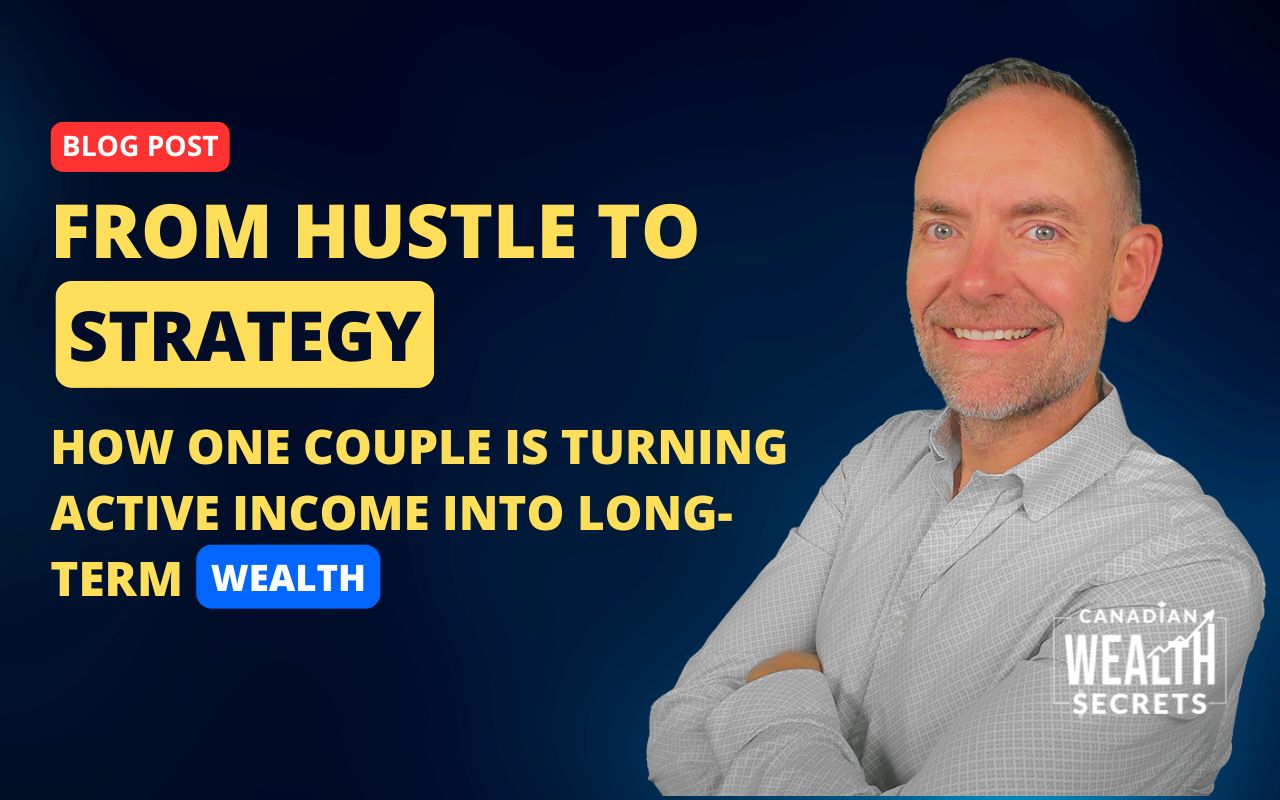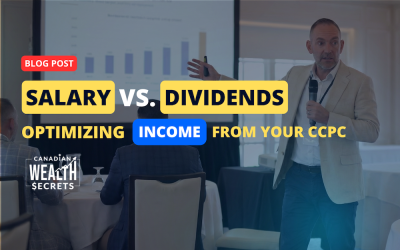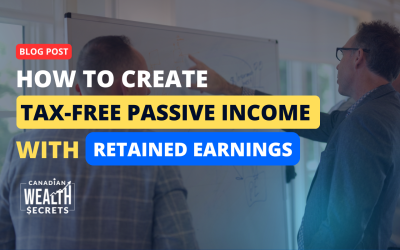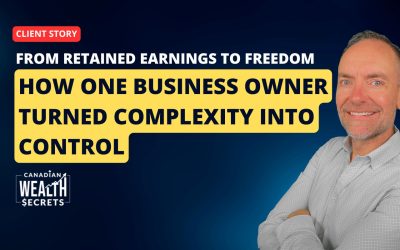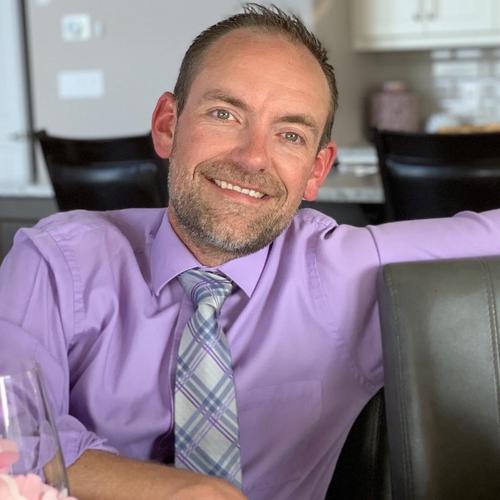When we first connected with this client—let’s call him Mark—he had already made impressive strides on his wealth-building journey. With a couple of rental properties under his belt, a profitable day trading system, and a corporate structure in place, Mark wasn’t new to financial risk-taking. But what he was searching for wasn’t another hustle—it was a strategic plan for sustainable growth.
This blog post walks through his journey and highlights how we used elements of our Canadian Wealth Planning Assessment to identify key opportunities and next steps.
Stage 1: Vision for Financial Freedom
✅ Strength: Entrepreneurial drive and financial literacy
❗ Opportunity: Defining an integrated vision and timeline for wealth goals
Mark and his partner weren’t just dreaming—they were doing. Their day trading venture had netted over $30,000 per month in profits, managed through a newly formed corporation. Meanwhile, they held two personal rental properties and were completing mentorship with a real estate education group.
But when we asked about their longer-term vision, things were fuzzy. Were they aiming for early retirement? Passive income? Scaling into commercial real estate? The pieces were in motion, but they weren’t yet part of a clearly defined picture.
“I just want to make sure everything we’re doing is going in the right direction.” — Mark
We recommended crafting a Financial Freedom Timeline—a visual roadmap that aligns asset growth, income needs, and tax planning with their long-term goals.
Stage 2: Corporate Wealth Reservoir
✅ Strength: Profitable active income inside a corporation
❗ Opportunity: Deploying retained earnings without triggering personal tax
Mark’s trading income was correctly classified as active business income, meaning it qualified for the small business tax rate (~12% in BC). That’s a huge win. But he was unsure what to do next with the growing profits.
We explored options to reinvest retained earnings through a holding company—particularly for acquiring multifamily properties. This would let him:
- Avoid personal tax by keeping capital inside the structure
- Maintain full deductibility on mortgage interest
- Simplify financing using the corporate balance sheet
“We’re looking at larger 5- to 10-unit properties now. I just want to make sure I don’t get capped out personally.”
We agreed: the next acquisitions should happen within a corporate structure, allowing for flexible lending, tax deferral, and compound wealth creation.
Stage 3: Personal & Corporate Wealth Optimization
✅ Strength: Use of RRSPs in private equity deals and tax-sheltered trading inside corp
❗ Opportunity: Diversifying tax strategies across buckets
Mark had gone all-in on alternative assets—real estate, private equity, day trading—after discovering Rich Dad Poor Dad. He even moved his RRSPs into Olympia Trust to invest in U.S.-based real estate projects.
But as we pointed out: there’s power in balance.
“In 20 years, I want to be able to draw from multiple buckets—RRSP, TFSA, corp cash. I don’t want to be locked into just one.”
We encouraged him to continue modest contributions to his RRSPs, especially while in a high-income bracket. That tax refund could be redeployed into the corp, TFSAs, or even another deal—turning tax savings into more wealth.
Stage 4: Legacy & Estate Strategy
✅ Strength: Good term insurance in place
❗ Opportunity: Prepare for a leveraged insurance strategy to access corporate capital later
Mark and his spouse have no dependents right now (aside from their dogs), so we agreed there’s no urgency to move into permanent insurance just yet. But…
Given their trajectory, we foresee corporate cash buildup in the near future—and that’s when the real planning begins. A leveraged whole life insurance policy could:
- Provide tax-free access to corporate retained earnings
- Create permanent insurance for estate needs
- Be a tool to prevent future personal tax drag
We’ll revisit this strategy when Mark starts asking the question we hear from many wealth builders:
“How do I get this money out of the corporation… without losing half of it to tax?”
What’s Next for Mark?
After our conversation, Mark left with a clearer understanding of:
✅ How to structure the next real estate deal
✅ How to use corporate income to fund new acquisitions
✅ How to preserve deductibility while avoiding overpaying debt
✅ Why a multi-bucket approach (Corp, RRSP, TFSA) offers flexibility later
✅ When and how to prepare for advanced tax-free cash flow strategies
Final Thoughts
Mark’s story is a perfect example of someone who’s winning the income game—but didn’t want to let that momentum go to waste. That’s where strategy comes in.
Our Canadian Wealth Planning Assessment gave us the framework to evaluate where he stood and what needed to happen next across all four key stages of wealth building.
Want to know where you stand?
👉 Take the Canadian Wealth Builder Assessment and find out which stage you’re in—and how to move to the next one.
Or, if you’re like Mark and want to get advice tailored to your exact structure, book a free strategy session with our team:
🎯 Book a Meeting
You’ve built income. Now it’s time to build the plan.
Disclaimer: This content is for educational purposes only and does not constitute financial, legal, accounting or investment advice. Always consult with a qualified advisor before making investment, tax, accounting or legal decisions.

